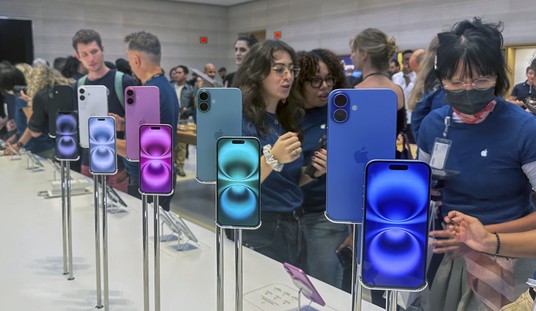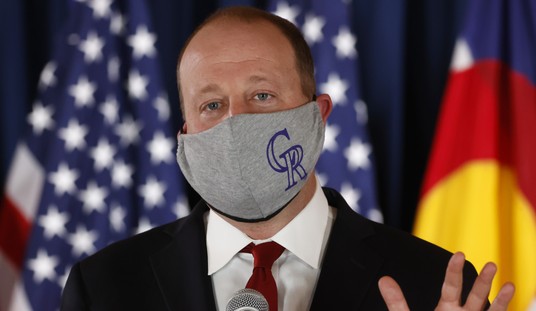A sexual consent case in Minnesota has renewed the debate over how and when sexual assault or rape accusers are able to provide consent. Francois Monulu Khalil had previously been convicted of third-degree sexual assault after having been accused by a woman who was intoxicated when she met him in 2017, going on to later have sex with the suspect. Prosecutors argued that while the victim agreed to the act, she was unable to give informed consent because she was intoxicated. The state’s high court this week unanimously overturned the conviction, saying that since the woman had voluntarily consumed alcohol and became intoxicated before she’d even met Khalil, he was not responsible for her mental incapacitation and was therefore not guilty. Now a bipartisan group of state legislators are rushing to change the laws so this doesn’t happen again, but should they? (USA Today)
The Minnesota Supreme Court ruled that a person can’t be found guilty of sexually assaulting someone who is intoxicated if that person willingly ingested drugs or alcohol.
The ruling was released Wednesday after the case of Francois Monulu Khalil, who was convicted of a third-degree criminal sexual misconduct by a jury because the victim was drunk and mentally incapacitated. Khalil, a Minneapolis man, met his victim after she was denied entry to a bar for being too intoxicated.
The court’s unanimous decision was written by Minnesota Supreme Court Justice Pail Thissen. Thissen writes that the lower court’s definition of mentally incapacitated regarding the case “unreasonably strains and stretches the plain text of the statute” since the victim was intoxicated before she met Khalil, her attacker.
This specific case presents a number of unanswered questions in terms of whether the events in question should be described as a consensual sexual encounter, while the details of the law cited in charging Khalil are something of a different matter. When you hear the details of the victim’s account of the evening, it probably seems easy to be more supportive of a conviction. She claims that she drank five shots of vodka and took a prescription pill of some unspecified medication prior to being refused entry to a bar because she appeared to be obviously intoxicated. That’s where she met Khalil, who invite her and a girlfriend back to his place. She said that she then “blacked out” and awoke to find that Khalil was sexually assaulting her.
We frequently hear of cases where a woman becomes intoxicated on drugs or alcohol and makes poor decisions in terms of granting consent, only to report a sexual assault the following day. Such cases shouldn’t carry much weight in court as it places the burden on the alleged assailant to make a snap determination as to whether the person who just said “yes” was capable of being competent to grant that consent. But if Khalil’s accuser was literally either unconscious when the intercourse began or lost consciousness during the process, that definitely should constitute rape or sexual assault of some sort. Yet it remains complicated because “blacked out” is a rather ambiguous term. It could mean “unconscious” or she may have remained an active participant in the encounter but couldn’t remember it later because of her inebriated state. As I said, finding true justice in cases like that is complicated at best.
The requirements found in the Minnesota law that was applied in this case are another matter. The law draws a distinction between someone who voluntarily becomes intoxicated by taking drugs or consuming alcohol and someone who unknowingly has drugs or alcohol fed to them by their “date” through spiked punch or dropping a roofie into their soda. The law assumes that consent is informed in the former case, but not in the latter. I fail to see why the law would draw this distinction to such a degree. A person is either able to offer informed consent or they aren’t. I would argue that the act of intentionally hiding drugs or alcohol with the intent of making the victim more pliable should merit a more severe penalty than third-degree sexual assault. If the law is to be changed, those two scenarios should probably be broken apart into separate statutes.
But if the victim became intoxicated of their own accord, we’re back to the situation I described above. How drunk are you after one drink or five? At what point does your willingness to agree to a sexual proposition no longer qualify as informed consent? In other words, when does “yes” not mean “yes,” and how much responsibility falls on the shoulders of the suitor to be able to distinguish the difference? Different people have different tolerance levels for both drugs and alcohol. Is the only solution to make it illegal to have sex after either person has had a drink? I hope we haven’t gone that far down the rabbit hole yet. But Minnesota’s legislators need to think this one through before rushing to “fix” these laws. They could wind up creating an entirely new set of problems while trying to correct the current situation.








Join the conversation as a VIP Member